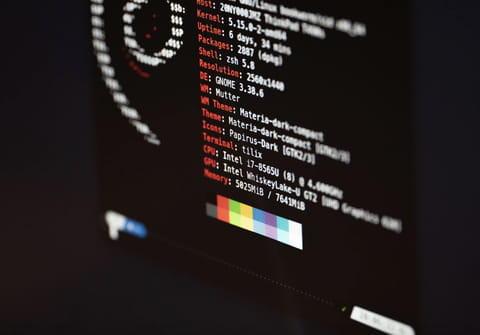When is stable Linux 6.7 kernel release? Date, rc2, features

After closing the merge window, the process of testing the Linux 6.7 kernel began. This new big update looks even more impressive than the previous ones. Here you will learn about the likely release date of the new Linux LTS, as well as the main new features, hardware support and performance improvements that will come with the final version.
Linux Kernel 6.7-rc2 released
The first release candidate (rc) for the next major Linux kernel update, Linux 6.7, was released on November 12, 2023, and further news was not long in coming: the second test release of Linux 6.7, namely Linux 6.7-rc2, came out on November 19. "rc2 is average to slightly larger than average. Not huge like rc1 was, but certainly not tiny either," Linus Torvalds explained, noting that this is due in part to a delay in the turbostat tool update that came in during the merge window. However, according to him, this should not discourage the users: "But nothing looks bad or scary, so please do go right ahead and continue testing," Torvalds wrote.

When will Linux 6.7 become stable?
We can expect the final release of the new kernel either on December 31 or in a few days. These timings are consistent with Linus' usual practice of releasing new versions once a week. That is, as indicated on the Kernel website, after approximately 7 weeks of bug fixing and a stabilization period, after the release of versions 7-9, we should receive a stable version.
What updates does Linux 6.7 bring?
During the Linux 6.7 merge window, over 16 thousand commits were made, which is much more than usual and shows that it will bring a lot of changes, features and additions of hardware support. Linux 6.7 will have bcachefs, a copy-on-write (COW) file system for Linux-based operating systems, which will provide the latest features and high system performance.
Another update will be support for Nouveau GPU system processor (GSP) firmware to improve the NVIDIA GeForce RTX 20 series and other newer series, as well as support for the latest AMD GPUs, as well as Intel Arrow Lake and Lunar Lake. Support for allowing TCP timestamps enabled via a route attribute, support for GRO decapsulation for IPsec ESP in UDP, support for TCP Authentication Option (RFC 5925, TCP-AO), ASUS Screenpad support are just ones of many networking updates that came with Linux 6.7.
